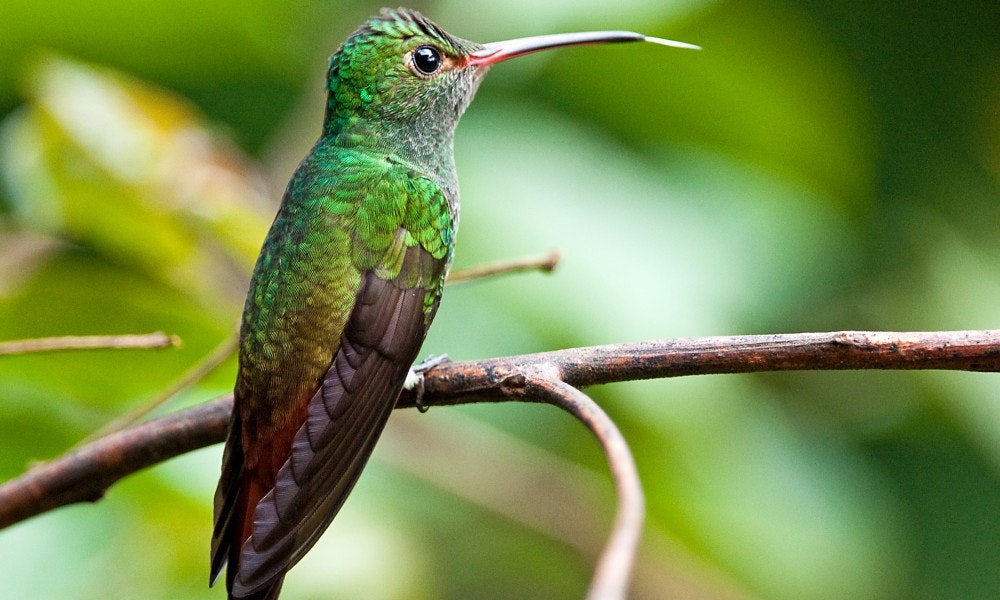Native Plants | Support Pollinators

75% of the flowering plants rely to some degree on pollinators in order to set seed or fruit.
60% of all flowering plants species are suffering from a lack of pollination.
We can all provide food, shelter, and nesting sites for our native pollinators. Join us in learning about the important insects and birds that pollinate crops and native plants in the Willamette Valley! Check our calendar regularly for upcoming events.
How You Can Help
Pollinators in the Willamette Valley include hummingbirds, bees, beetles, butterflies, and other insects. These busy neighbors provide a very important service. Over 75% of all flowering plants depend on animal pollinators. The list includes native plants as well as over 100 crops.
Tragically, pollinators are in decline. The reasons for this decline range from inappropriate use of pesticides to habitat loss due to development and encroachment of invasive species. Pollinators have also been hit hard by parasites and diseases. It’s a tough time to be a pollinator, but it’s not too late for us to help. We can make a difference for many of the native pollinators in the Willamette Valley by taking three steps:
- Limit your use of pesticides.Instead of spraying pests, implement Integrated Biological Pest Management techniques. (Farming with Native Beneficial Insects by Xerces Society is a great resource)
- Install pollinator nesting sites.Whether you make a bee block, purchase an insect hotel, or simply leave stumps in your landscape, you’ll be giving native pollinators the structures they need for nesting. An expert will be available to show you the options at the annual winter Native Plant Sale.
- Plant a pollinator garden.We’ve made it easy for you to support native pollinators in your landscape by offering a range of native plants preferred by pollinators throughout the growing season. We even have a couple great designs available for you to use for free.
- Plan your flower timingDifferent pollinators need food at different times of the year. Be sure to provide blooms throughout all seasons to promote pollinator health and biodiversity!



